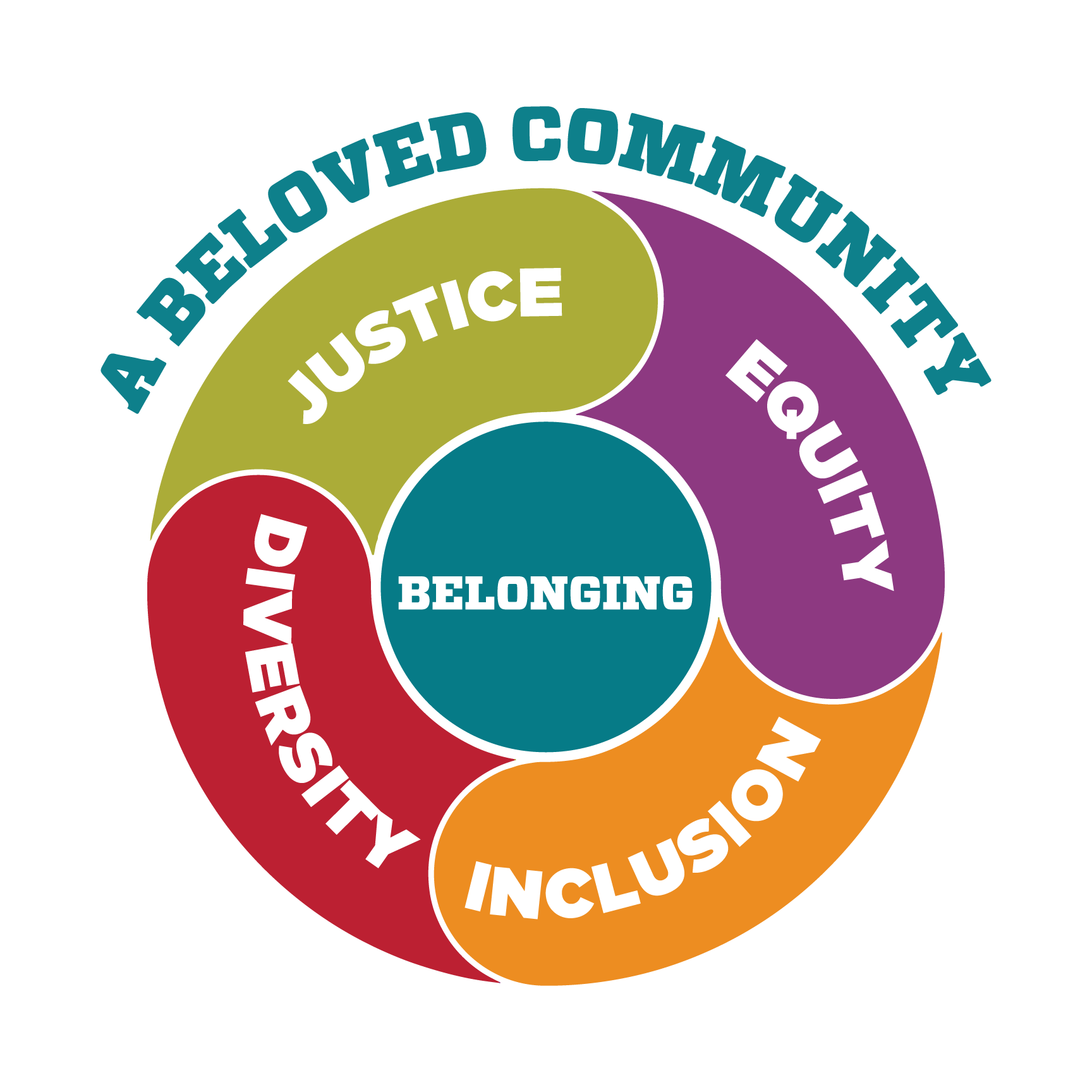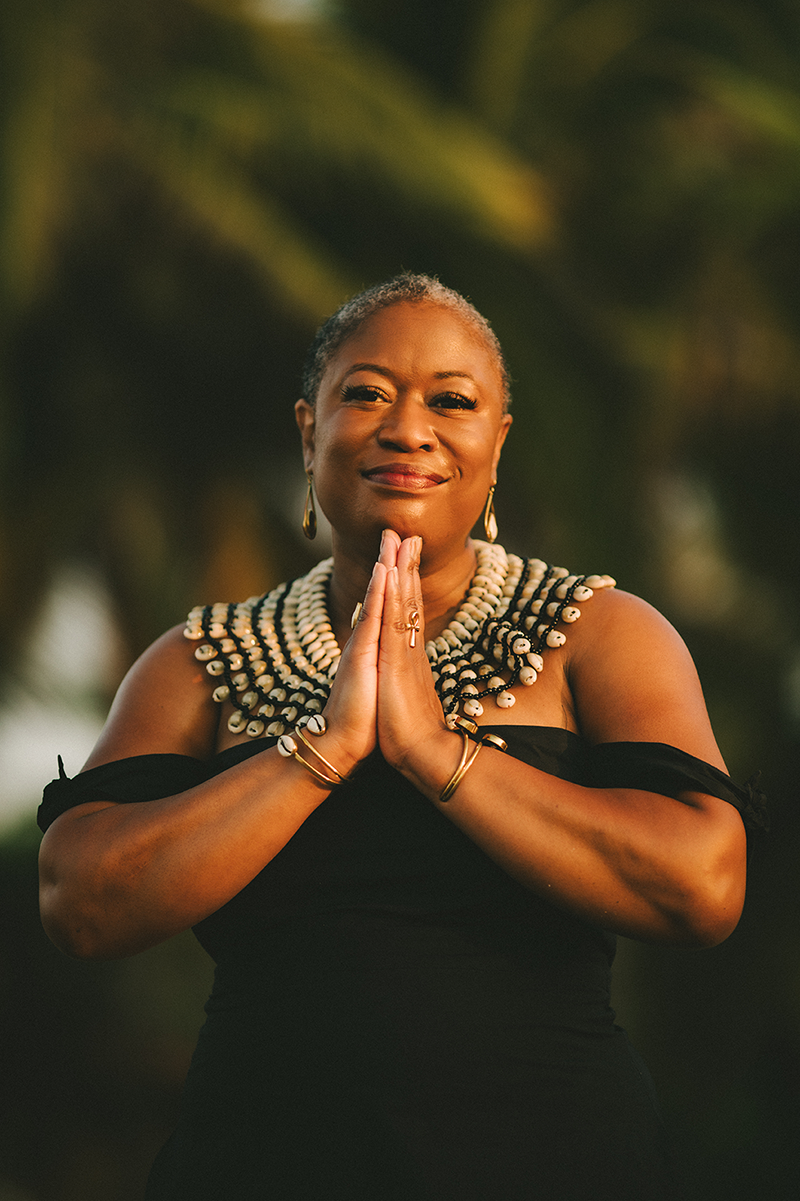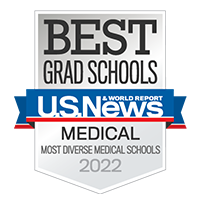
The mission of the UNM School of Medicine, Office of Diversity, Equity & Inclusion is to foster a just, equitable, diverse, and inclusive environment within which every member of the School of Medicine community is provided opportunities to achieve their full potential.
Our vision is to transform the UNM School of Medicine into a hub for justice, equity, diversity, and inclusion where no one is disadvantaged from achieving their professional and career potential on the basis of race, ethnicity, language preference, gender, sexual orientation, religion, disability, socioeconomic status, age, geography or other identity.
TRANSFORMATIVE JUSTICE
We are committed to fostering an environment of fairness and accountability where our community of learners, researchers, clinicians, and staff can thrive.
EQUITY
We are committed to nurturing an environment where every School of Medicine constituent has equitable opportunities to thrive and no one is disadvantaged from achieving their full potential.
DIVERSITY
We recognize diversity as a core value that embodies inclusiveness, mutual respect, and multiple perspectives. In this context, we are mindful of all aspects of human differences including, socioeconomic status, race, ethnicity, language, nationality, gender identity, sexual orientation, religion, age, disability, and geography.
INCLUSION
We recognize that an inclusive climate and culture is a core element for successfully achieving diversity and that inclusion can only be achieved through intentional education, policies, and practices.
BELONGING
We are committed to creating and nurturing a community where everyone within our School of Medicine is seen and feels accepted, included, beloved, and valued.
ADVOCACY
We are committed to not simply be passive ally’s but to recognize our professional responsibility as healthcare providers, educators, and biomedical researchers to actively advocate for systematically disadvantaged and marginalized members of our community.
UNDER-REPRESENTED in Medicine & Biomedical Research
We are committed to addressing issues of under-representation in medicine and biomedical research. Under-representation most commonly refers to racial/ethnic populations that are under-represented in the medical and scientific research workforce relative to their numbers in the general population.
The Association of American Medical Colleges (AAMC) and the National Institutes of Health (NIH) have traditionally defined these groups as: Blacks/African Americans, Hispanics/Latinos, Alaska Natives/American Indians, Native Hawaiians, and Pacific Islanders.
The mission of the UNM School of Medicine, Office of Diversity, Equity & Inclusion is to foster a just, equitable, diverse, and inclusive environment within which every member of the School of Medicine community is provided opportunities to achieve their full potential.
Our vision is to transform the UNM School of Medicine into a hub for justice, equity, diversity, and inclusion where no one is disadvantaged from achieving their professional and career potential on the basis of race, ethnicity, language preference, gender, sexual orientation, religion, disability, socioeconomic status, age, geography or other identity.
TRANSFORMATIVE JUSTICE
We are committed to fostering an environment of fairness and accountability where our community of learners, researchers, clinicians, and staff can thrive.
EQUITY
We are committed to nurturing an environment where every School of Medicine constituent has equitable opportunities to thrive and no one is disadvantaged from achieving their full potential.
DIVERSITY
We recognize diversity as a core value that embodies inclusiveness, mutual respect, and multiple perspectives. In this context, we are mindful of all aspects of human differences including, socioeconomic status, race, ethnicity, language, nationality, gender identity, sexual orientation, religion, age, disability, and geography.
INCLUSION
We recognize that an inclusive climate and culture is a core element for successfully achieving diversity and that inclusion can only be achieved through intentional education, policies, and practices.
BELONGING
We are committed to creating and nurturing a community where everyone within our School of Medicine is seen and feels accepted, included, beloved, and valued.
ADVOCACY
We are committed to not simply be passive ally’s but to recognize our professional responsibility as healthcare providers, educators, and biomedical researchers to actively advocate for systematically disadvantaged and marginalized members of our community.
UNDER-REPRESENTED in Medicine & Biomedical Research
We are committed to addressing issues of under-representation in medicine and biomedical research. Under-representation most commonly refers to racial/ethnic populations that are under-represented in the medical and scientific research workforce relative to their numbers in the general population.
The Association of American Medical Colleges (AAMC) and the National Institutes of Health (NIH) have traditionally defined these groups as: Blacks/African Americans, Hispanics/Latinos, Alaska Natives/American Indians, Native Hawaiians, and Pacific Islanders.

Anita Fernander, Ph.D. (she/her/hers; we/us/ours)
Executive Diversity Officer
School of Medicine
University of New Mexico Health Sciences



SOM Office of DEI Sponsorship of DEI-Related Conferences Application
The Staff and Faculty Wayfinder is a user-centered, private, intersectional, and trauma-informed website and application developed by the Division for Equity and Inclusion for employees at The University of New Mexico. The website provides information, referrals, and reporting options for those who have experienced or witnessed harmful incidents in the workplace, from bullying and violations of academic freedom to discrimination, harassment, violence, and retaliation.
Please contact Liz Hutchison (ehutch@unm.edu) with any questions.
This room will be available to faculty, students, and staff. Individuals hoping to use the space will need to make reservations in advance. The link for the reservation system is available below.
Reserve Room
The School of Medicine Office for Diversity, Equity & Inclusion is here for you.
Call us at: 505-272-7448.
Anita Fernander, PhD (she/her)
Executive Diversity Officer
afernander@salud.unm.edu
